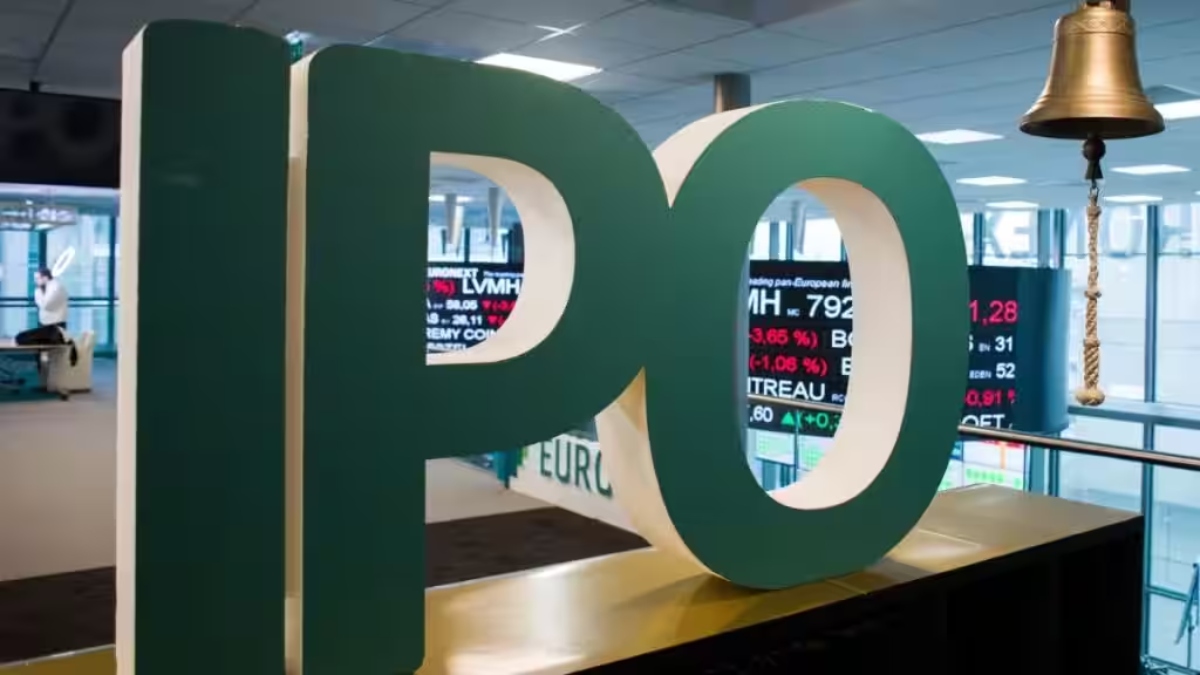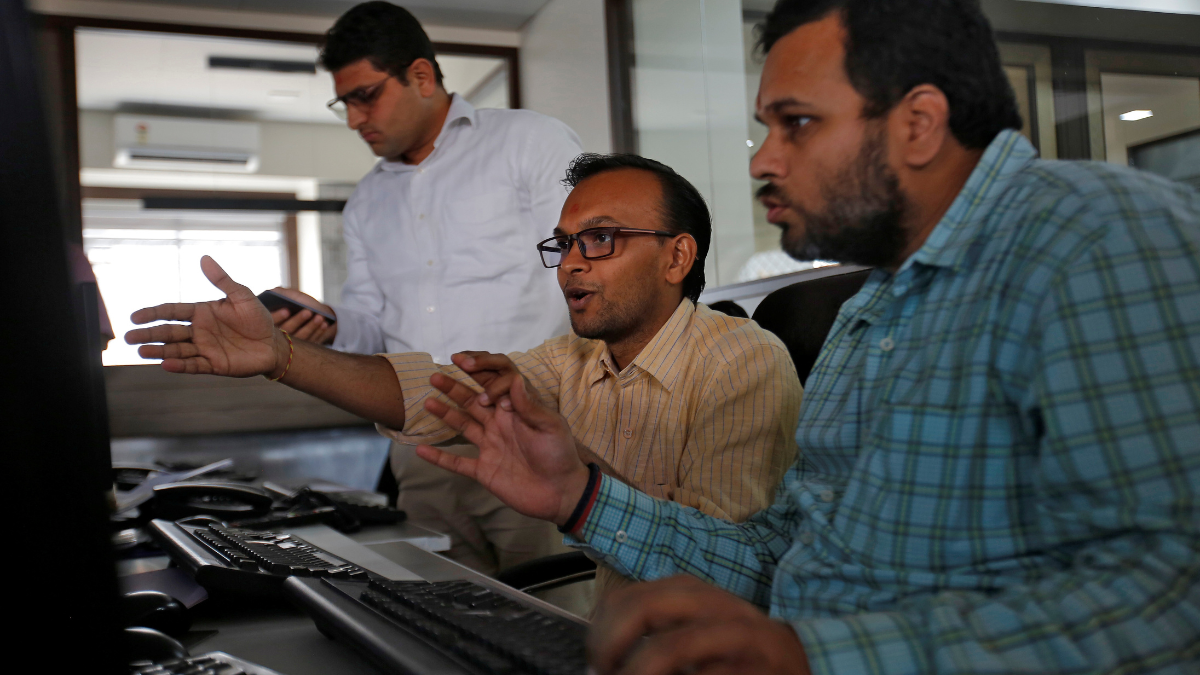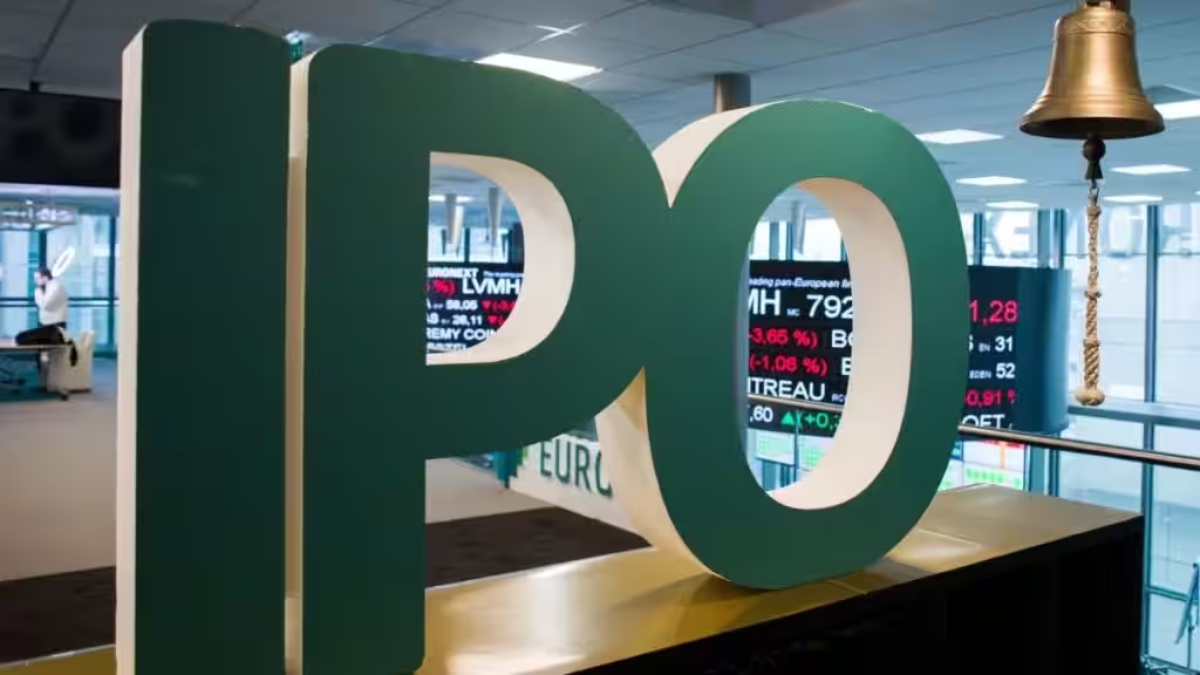Sebi on Saturday decided to bring entities facilitating fractional investment in real estate under a regulatory framework, whereby they will be required to operate as Small and Medium Real Estate Investment Trusts.
Such SM REITs should be set up as a trust with the ability to establish separate scheme for owning real estate assets through wholly-owned special purpose vehicles constituted as a company, the regulator said.
“SM REITs shall have the ability to create separate scheme (s) for owning real estate assets through special purpose vehicle(s) constituted as companies, ” Sebi said in a release after its board meeting.
The proposed regulatory framework would help to develop the real estate market, provide investor protection measures and lead to an orderly development of the market.
The regulatory framework approved by the board for SM REITs provides for the structure, migration of existing structures meeting certain specified criteria, obligations of the investment manager including net worth, experience and minimum unit holding requirement, investment conditions, minimum subscription, distribution norms and valuation of assets.
In August, Sebi floated a consultation paper for regulating all web-based platforms offering fractional ownership of real estate assets to protect small investors. Such fractional ownership of real estate assets was proposed to be brought as Micro, Small and Medium REITs under Sebi’s REITs rules.
Typically, fractional investment of real estate through Fractional Ownership Platforms (FOPs) is an investing strategy in which the cost of acquisition of real estate is split among several investors, who invest in securities issued by a Special Purpose Vehicle (SPV) established by an FOP. Such SPVs purchase real estate assets.
FOPs allow investors to own a certain percentage or fractional share in the real estate asset through the securities issued by the SPVs. Some FOPs are operated by real estate agents or brokers (before the property is purchased) and as property managers thereafter.
Globally, such fractional ownership platforms have been in existence since 2015.




